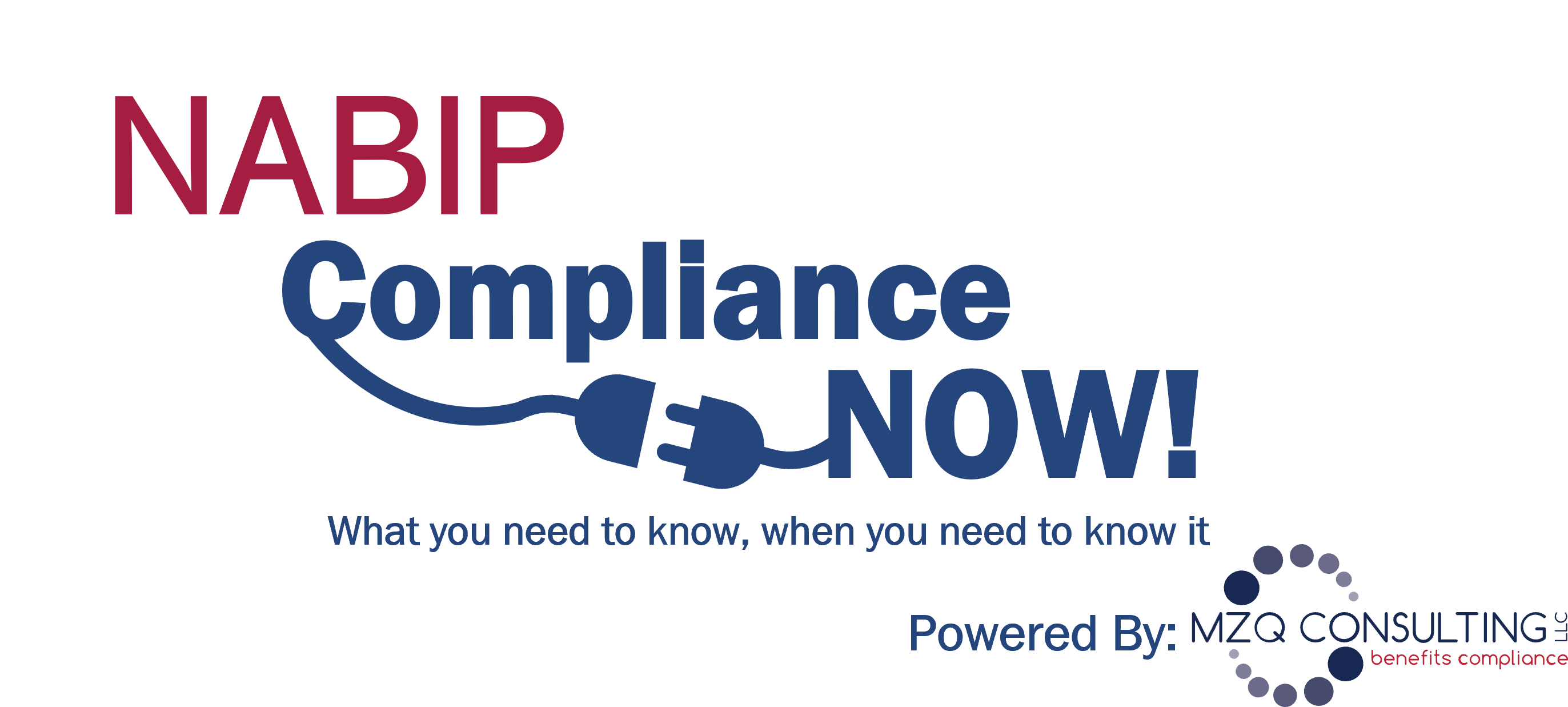By: Megan Diehl, Manager, Compliance Consulting, MZQ Consulting
Last week, a federal judge for the Eastern District of Texas invalidated a portion of the independent dispute resolution (IDR) process outlined in the interim final rules for the No Surprises Act (the Act). The Act, which applies to plan years that take effect on or after January 1, 2022, prohibits providers from charging “out-of-network” rates for emergency care, air ambulance services, and all care by an “out-of-network” provider in an “in-network” facility. The provider and the health plan must resolve any differences between what a provider charges in these circumstances and what a plan is willing to pay. If the two parties cannot agree on payment details within 30 days of billing, either may start the IDR process.
The rule in question requires IDR entities, the arbitrators responsible for resolving payment disputes, to assume that the plan’s median rate for a particular “in-network” service is the appropriate rate for that same service when provided “out-of-network.” The Act refers to this median as the qualified payment amount (QPA), and generally requires IDR entities to select the payment offer closest to the QPA unless compelling evidence is presented as to why that should not be the case. The court’s ruling removes the requirement that IDR entities generally rely on the QPA in making their determination. Instead, IDR entities must now weigh the QPA equally with other factors included in the evidence to make their decision.
On February 28, 2022, the Employee Benefits Security Administration released a memorandum in response to this ruling. The memorandum emphasizes that all other provisions of the No Surprises Act are still in place and that the Departments of Health and Human Services, Labor, and the Treasury (the Departments) are working through next steps to comply with the court’s decision. The Departments plan to:
- Withdraw existing guidance pertaining to the invalidated portion of the IDR process and publish updated documents that conform with the court’s order;
- Train IDR entities on the updated guidance once it is available; and
- Open the federal IDR portal for IDR submissions. Parties whose open negotiation period has already expired will have fifteen days after the portal opens to initiate the IDR process.
As the Departments emphasize, this court ruling is currently the only change to the No Surprises Act—all other requirements, including the IDR process itself, are still in effect. We will continue to monitor developments and provide updates as they become available.
